After spending a few months with Apple's home speaker, the hardware execution remains fantastic, but the software weaknesses in the HomePod are becoming increasingly apparent. The disparity between the two got us thinking about how we would like to see HomePod improve in the future.
We aren't talking about a whole second-generation HomePod hardware release (we have opinions on that too!), but improvements to audioOS, the operating system for HomePod.
Just like all of Apple's other platforms (iOS, watchOS, tvOS, macOS), the HomePod is able to receive its own regular updates.
WWDC, where Apple updates all of its major operating systems, is coming up very soon. The HomePod has not been around during past WWDC events so it is unclear what, if anything, Apple will say about the HomePod or its future updates.
If Apple does decide to announce new and upcoming changes for audioOS, here is what we hope to see.
More audio streaming
HomePod will gladly let you stream Apple Music or your iTunes Match library. However, if you listen to Spotify or another streaming service your only recourse is to use AirPlay.
We don't want Apple to rely on AirPlay for getting those disparate sources to the HomePod. We'd like to be able to ask Siri to turn into iHeartRadio, or pick up where we left off in our latest audiobook, and even Spotify or Pandora with the HomePod itself doing the fetching, rather than having another device push the content.
Without Bluetooth or aux cable support, streaming support for other services is even more important.
Seriously, Siri
We have a lot of issues with Siri. We outlined many of them in a standalone piece dedicated to her shortcomings. As it pertains to the HomePod, there are a number specific areas that really need to be improved.
Siri is completely fragmented from Apple's other platforms. Siri on HomePod can't set multiple timers is a glaringly obvious misstep. Additionally, Siri can't make a phone call, can't look up a recipe, and really can't compete with the skills and abilities found on Alexa and Google Assistant.
Siri needs to drastically improve overall to contend with the other virtual assistants on the market.
EQ adjustments
Aside from manually adjusting the EQ in the settings on your phone for AirPlay, HomePod desperately needs its own settings.
Others, like the Zipp speaker we just reviewed, have different audio profiles which would also be acceptable.
Listening to spoken word, movies, or genres of music can all require different balances in the audio. In general, we find the bass far too heavy on HomePod while listening to audiobooks or watching movies.
HomePod does make adjustments on the fly, but is not nearly sufficient for all situations.
Apple's own short-lived iPod Hi-Fi had adjustable EQ levels, and the EQ can be manually adjusted in iTunes and then streamed to the HomePod, but once again, we'd like on-device controls rather than relying on pushing adjusted content. In theory, this shouldn't be a hard task.
Multiple user support
Multi-user support is part Siri in software, and part HomePod in hardware. When someone asks Siri to play one of their playlists, HomePod should know which user is asking. Same with adding a reminder, reading a message, or liking a song.
Users are currently stuck disabling personalization for Apple Music, or having other users muddying up their recomendations and preferences. This isn't the most user-friendly thing we can think of.
Apple TV integration
Apple excels when it comes to integrating their products. That ecosystem is a large reason why users choose Apple over competitors. So far, HomePod seems lacking in this area.
It is quite early in the HomePod lifecycle, but even this early on it seems rather green.
One area that would be a good arena to explore is integration with Apple TV. HomePod can be used as an AirPlay speaker for the Apple TV and ultimately two of them can be used for stereo separation, but that is where the partnership ends.
We want to be able to ask Siri to play/pause the Apple TV or even turn on a movie/TV show. Essentially to act as a remote. A level of this functionality looks to be coming with AirPlay 2, but we are sure there is more that can be done.
HomePod could also be used to perform other actions with the Apple TV as well. Such as opening apps, opening a live view of a HomeKit camera, or displaying the week's weather.
A tighter integration between HomePod and Apple TV also gives customers more justification to buy them over a competing speaker or streaming device.
HomeKit
Deeper HomeKit integration could be coming with AirPlay 2, but we want to still mention it. We would love to see HomePod (and other AirPlay 2 speakers) integrated into HomeKit scenes and controlled like any other HomeKit accessory.
Create a good morning scene that turns on the lights, opens the blinds, opens the garage, and plays a morning playlist on HomePod. Perhaps even trigger a "welcome home" mix after arriving home following a long day at work.
There are lots of possibilities here, we just need HomePod to support the basic principle of one home automation suite to rule them all. Binding in the darkness is optional.
Fingers crossed
HomePod, which may or may not be selling well, has much to improve on before it is as robust as Apple's other platforms.
Apple baked an A8 processor and 1GB of RAM into the speaker so it should be decently powerful in meeting some of our requests. HomePod also offloads some personalized requests, such as those dealing with contacts, messages, lists, and notes, onto a synchronized iPhone or iPad rather than pressing then on-device. This tactic could be useful for some of our other requests as well.
We admittedly have lofty expectations for what we could see with audioOS at WWDC this year. Most of what we want could take a couple years before it ever comes to fruition. The original watchOS 1.0 was lacking a bit, and it has taken years to become as solid as it is today.
Here's hoping that Apple surprises us with audioOS as the fifth operating system to receive a major update this year at WWDC 18.
Be sure to check out our other wish lists, including those on the 2019 Mac Pro, Mac mini, Apple Watch, Siri, HomeKit, and CarPlay.
 Andrew O'Hara
Andrew O'Hara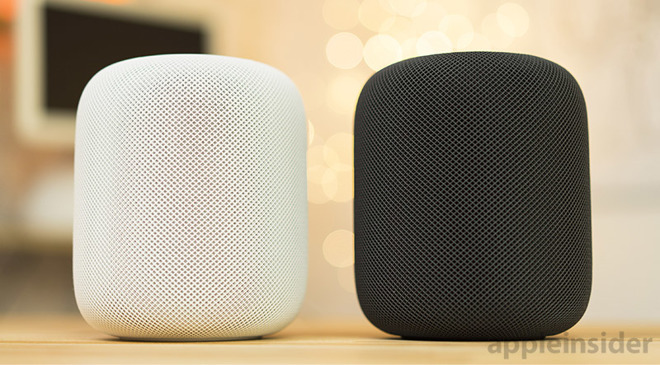
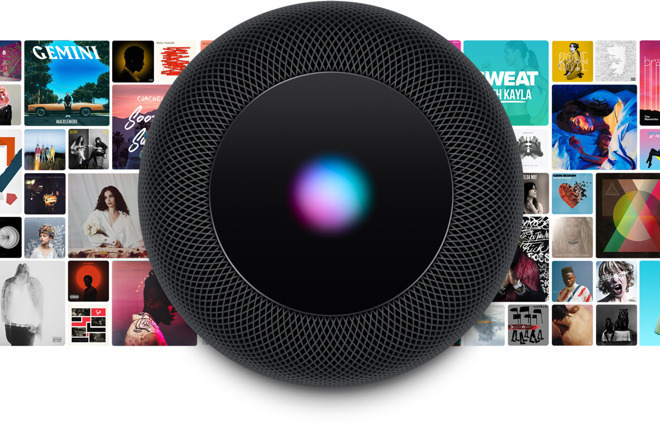
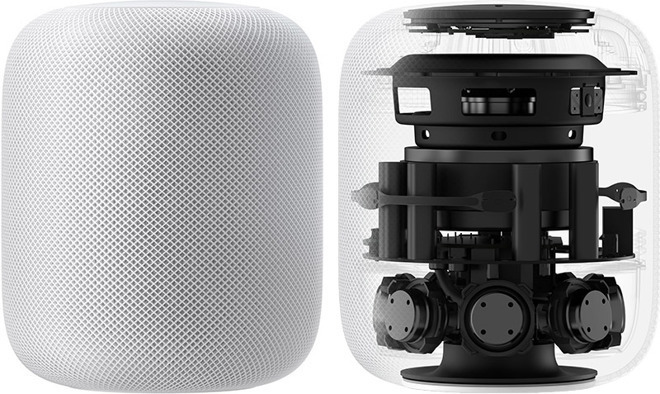
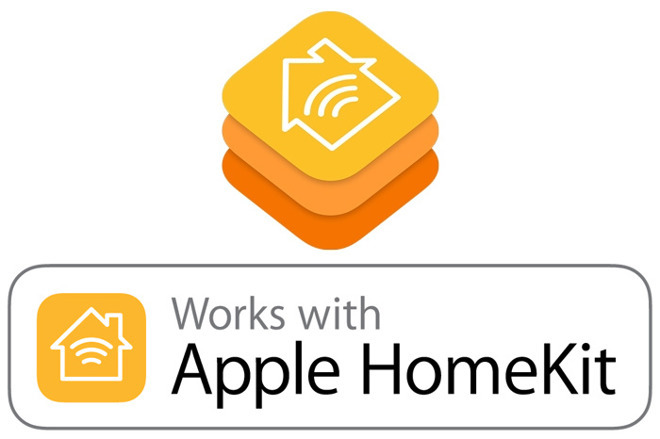

-m.jpg)





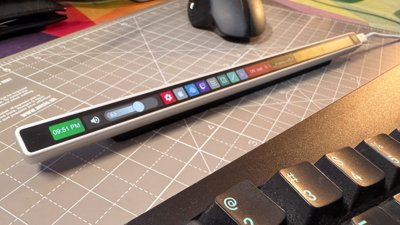
 Malcolm Owen
Malcolm Owen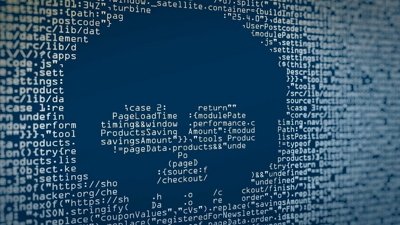
 Charles Martin
Charles Martin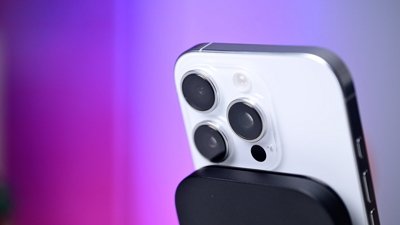
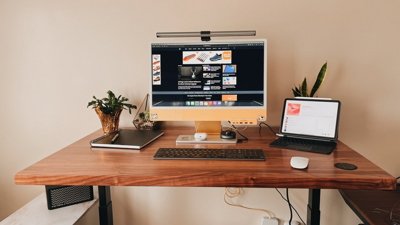
 Amber Neely
Amber Neely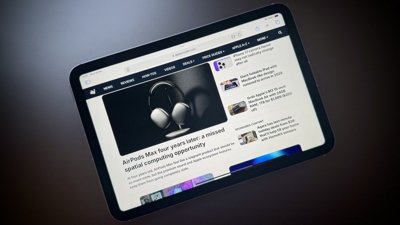
 Oliver Haslam
Oliver Haslam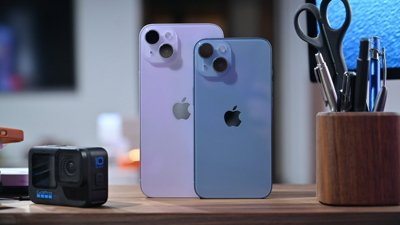
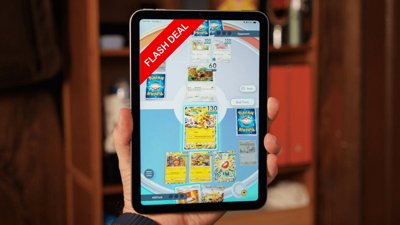
 Christine McKee
Christine McKee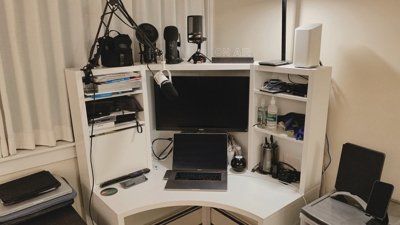
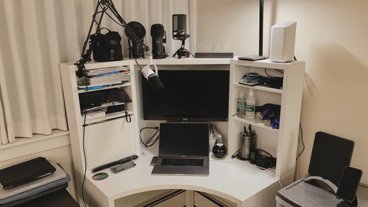

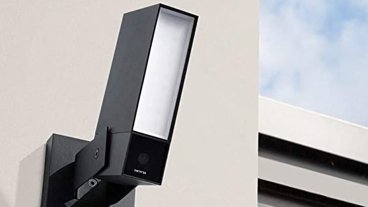



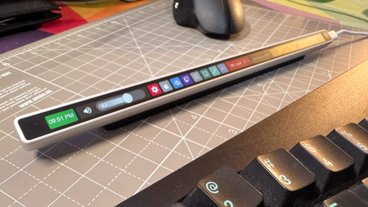
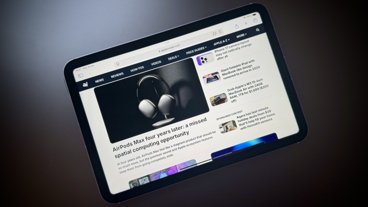


32 Comments
Homepod, just like Apple Watch, is for people who are ready to pay for letting them test infinished product for Apple. In 2-3 years it probably will be a worth buy.
I still don't understand what people are getting at in regards to EQ. If you want to manually adjust EQ, use AirPlay. That's the perfect vehicle for those types of adjustments anyway...high-res screen with touch control and ability to easily move sliders up/down etc. And the reality is that Apple's auto EQ adjustments with HomePod are already quite good. I can easily tell that bass response changes to fit songs on a playlist that has a variety of artists and genres. It doesn't just bomb the bass on every track.
We need SiriKit for music and podcasts. And everyone who says AirPlay that’s BS. Why should I have to use my phone if I want to listen to music outside of Apple Music? I want to be able to say “Hey Siri, play Mellow Jazz from Jazz Radio and Siri to know it’s the Jazz Radio app. Or “Hey Siri, play my funk playlist from Pandora”. Having to control all of this from my phone defeats the purpose of having a voice controlled speaker in the first place. And if Apple assumes the only place I get music from is Apple Music we’ll that’s just arrogant.
These points and the lack of promised stereo and multi-room capability are really disappointing. We purchased two units with the understanding that these two promised features were in fact "coming soon", now that 11.3 has come and still not here had my wife wanting to return the pods and wait to see if Apple ever follows through on those promises before repurchasing. We actually filed a support case with AppleCare and have been told we can return them even though we are well outside of the usual return by date. Waiting on the wife's final decision on that one... She loves the sound, hates that it does not deliver as promised.